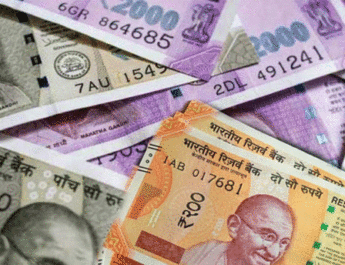From Our Bureau
NEW DELHI: The Securities and Exchange Board of India (SEBI) has submitted in a note filed before the Supreme Court bench headed by Chief Justice D Y Chandrachud in the Adani case that it is against any kind of ban on short-selling of the shares.
It said short selling usually involves investors borrowing shares and selling them, expecting to buy them back later at a lower price before returning them to the lenders. They make profits on the difference between the higher sale price initially and the lower purchase price subsequently.
“Short selling is considered by some to be a desirable and an essential feature of the securities market, as it provides liquidity and also helps price corrections in overvalued stocks.
“Thus, any restrictions on short selling, per se, may distort efficient price discovery, provide promoters unfettered freedom to manipulate prices, and favour manipulators rather than rational investors,” it said, adding others consider it an undesirable activity that flourishes on distressed selling and is vulnerable to its own form of manipulation.
Securities market regulators in most countries, particularly in all developed securities markets, recognise short selling as a legitimate investment activity.
“Thus, in all major jurisdictions, instead of prohibiting short sales per se the regulators have permitted it to take place within a regulated framework,” SEBI said.
The International Organisation of Securities Commissions (IOSCO) has also reviewed short selling and securities lending practices across markets and has recommended transparency of short selling, rather than prohibiting it.
“India follows this policy of regulated short selling and has framed its regime accordingly,” it said, detailing the framework for regulating short selling in Indian capital markets.
The International Organisation of Securities Commissions (IOSCO) has also reviewed short selling and securities lending practices across markets and has recommended transparency of short selling, rather than prohibiting it.
“India follows this policy of regulated short selling and has framed its regime accordingly,” it said, detailing the framework for regulating short selling in Indian capital markets.
The SEBI said as the matter was in early stages of examination, it may not be appropriate to list details about the ongoing proceedings at this stage.
While listing out available legal and other frameworks to deal with wrong-doings in the securities market, it said, “SEBI has a robust set of frameworks and market systems to ensure seamless trading and settlement including frameworks for volatility management and restrictions on short selling including by foreign institutions.”
“SEBI has a strong framework for enforcement of market misconduct as well as other violations of its regulations,” it said.
The top court is scheduled to hear the two PILs alleging exploitation of innocent investors and “artificial crashing” of the Adani Group’s stock value on Friday when it will consider setting up a panel to consider strengthening the regulatory framework.




